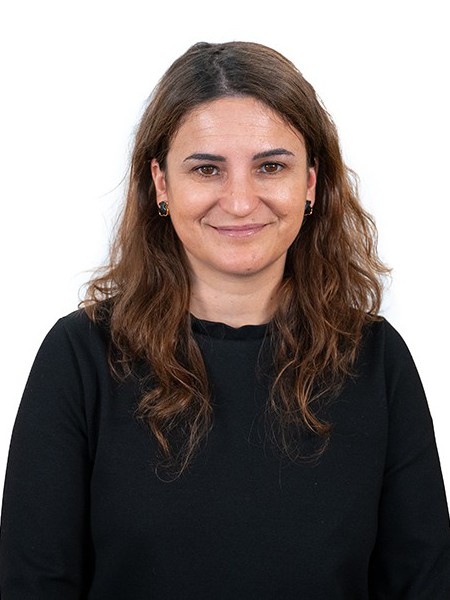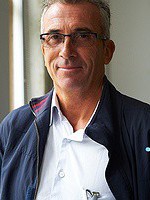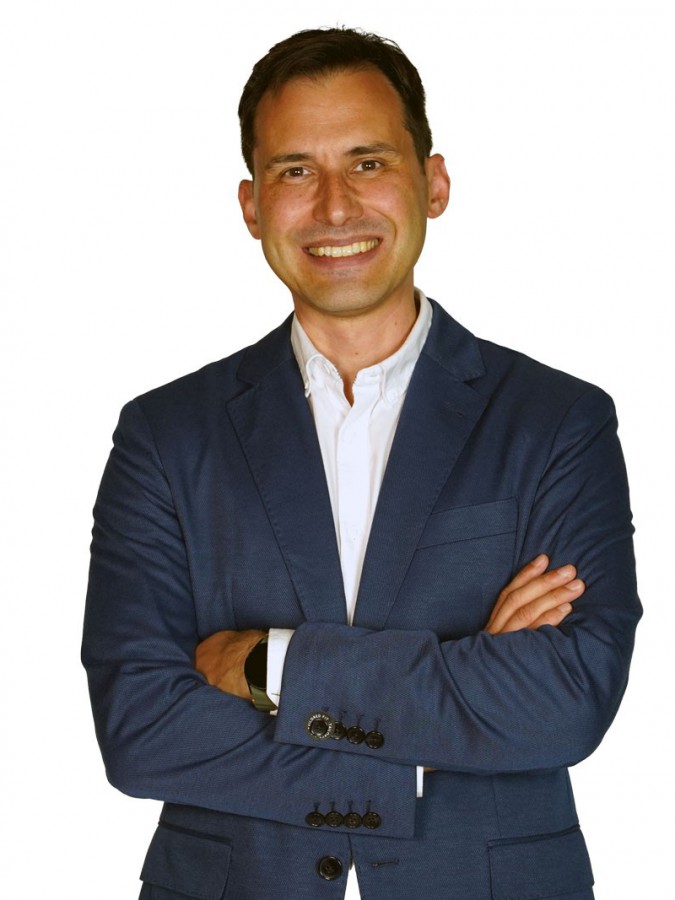resumo
In this investigation, and for the first time, pyrolysed sustainable cork was used to produce waste-based geopolymer-cork composites with enhanced electromagnetic interference (EMI) shielding properties. The influence of the pyrolysed cork amount and the geopolymer porosity on the EMI shielding ability of the composites was studied. The maximum total shielding effectiveness (SET) values achieved by these novel building materials (-13.8 to -15.9 dB) are equal to any other reported geopolymer microwave (MW) absorbers over the X-band, despite containing much lower carbon content. In addition, our composites were produced using an industrial waste (biomass fly ash) as raw material and recycled wine stoppers as a carbon source (2.5-3.75 wt%). This strategy is different from those implemented in the only other reported MW absorbing geopolymers, which used standard commercial chemical precursors, and the added carbon component is also a non-renewable commercial product, added in much greater quantities (10x more). Therefore, our approach not only decreases the consumption of virgin raw materials (e.g. kaolin), but also enhances the global sustainability of the construction sector. (C) 2019 Elsevier Ltd. All rights reserved.
palavras-chave
BIOMASS FLY-ASH; CARBON FIBER/CEMENT COMPOSITES; WAVE ABSORPTION PROPERTIES; ABSORBING PROPERTIES; MORTARS; WASTE; DESIGN; PAPER; ECOCERAMICS; PERFORMANCE
categoria
Construction & Building Technology; Engineering; Materials Science
autores
Novais, RM; Saeli, M; Caetano, APF; Seabra, MP; Labrincha, JA; Surendran, KP; Pullar, RC
nossos autores
Projectos
Solar thermochemical production of hydrogen based on cork Ecoceramics (H2CORK)
Produtos e Tecnologias para o sector do Eucalyptus Globulus (PROTEUS)
agradecimentos
The authors would like to thank FCT project H2CORK (PTDC/CTM-ENE/6762/2014), R.M. Novais wishes to thank FCT grant (Ref. CEECIND/00335/2017) and R.C. Pullar wishes to thank FCT grant IF/00681/2015, for supporting this work. This work was developed in the scope of the project CICECO -Aveiro Institute of Materials UlD/CTM/50011/2019 (Compete Reference: POCI-01-0145-FEDER-007679), Associated Laboratory of University of Aveiro, financed by national funds through the FCT/MCTES. M. Saeli wishes to thank Portugal 2020 project PROTEUS -POCI-01-0247-FEDER-017729 co-financed by national funds through the FCT/MEC. K.P. Surendran acknowledges Indo-Portuguese bilateral project (INT/PORTUGAL/P-09/2013) for mutual visits and fruitful discussions.






